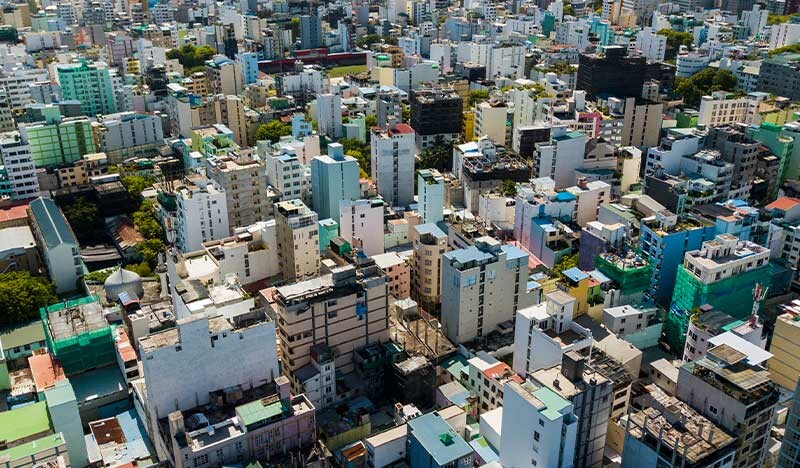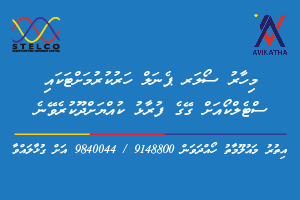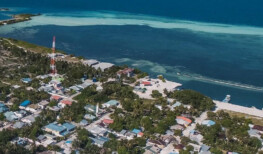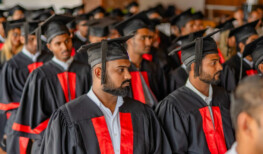Transparency Maldives Urges to Enforce Laws to Combat Corruption

Photo: MV+
Transparency Maldives has issued a press statement today highlighting concerns regarding the stagnation in implementing and enforcing laws to combat corruption.
The organisation, echoing Transparency International, has put forth a series of recommendations aimed at reducing corruption and rebuilding trust in the Maldivian political landscape.
Key among the recommendations is the call to bolster the independence of the justice system. Transparency Maldives emphasises the importance of shielding the justice system from external influences and advocates for merit-based appointments to ensure the system operates effectively. Additionally, they urge the allocation of adequate resources and the employment of qualified personnel within the justice system.
Integrity and monitoring mechanisms are also proposed as a means to safeguard against abuse and corruption. Transparency Maldives suggests the establishment of whistleblowing channels and the implementation of asset disclosure requirements for judges, prosecutors, and other relevant officials. Furthermore, they advocate for the enactment of comprehensive asset declaration legislation to prevent illicit enrichment and misuse of state resources.
Improving access to justice is identified as a crucial step in combating corruption. Simplifying legal procedures, widening the definition of corruption victims, and granting civil society organisations the authority to initiate corruption cases are recommended strategies to enhance accountability and transparency within the justice system.
Transparency Maldives stresses the importance of making the justice system more transparent by providing readily accessible data on enforcement, judgments, and legal procedures. Such transparency, they argue, can deter corruption and ensure the effective application of anti-corruption laws.
Addressing the capacity and resources of anti-corruption authorities and oversight institutions is also highlighted as essential. Transparency Maldives underscores the need for sufficient funding, resources, and independence to enable these entities to carry out their duties without fear of political interference.
Furthermore, the organisation calls for the full implementation of laws related to human trafficking and whistleblowing to safeguard democracy and promote civic space. By holding human rights abusers, including the government, accountable, an environment conducive to defending democracy and upholding human rights can be fostered.
The Maldives’ position in the 2023 Corruption Perception Index (CPI) reflects these concerns, with the country’s score dropping by one point from 40 to 39. Ranked 93 out of 180 countries, the Maldives faces ongoing challenges in combating corruption, as indicated by the CPI’s annual assessment.
Denmark, Finland, and the Netherlands lead the CPI rankings with high scores, while Somalia ranks lowest, underscoring the global disparities in perceived levels of public sector corruption.










